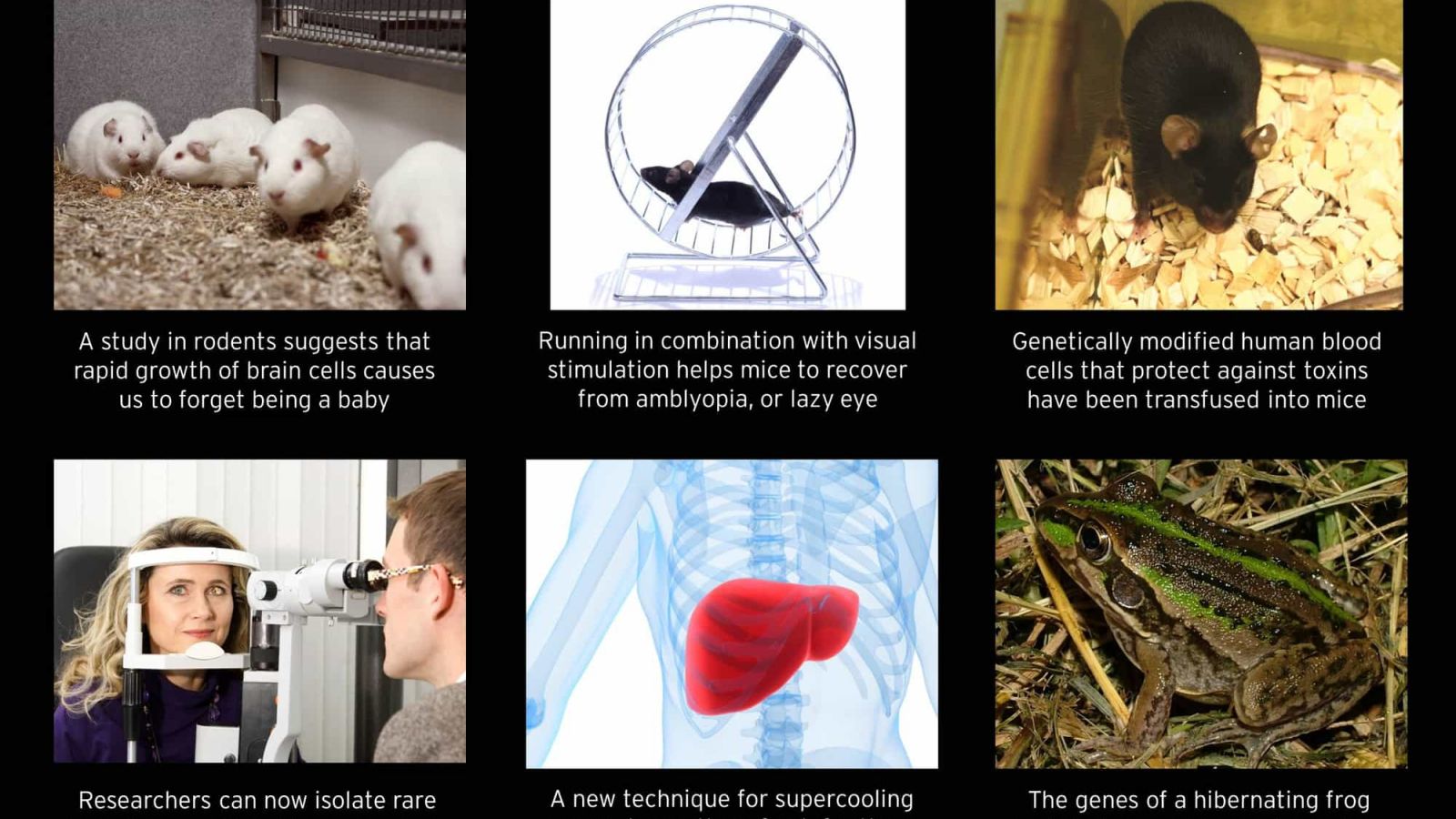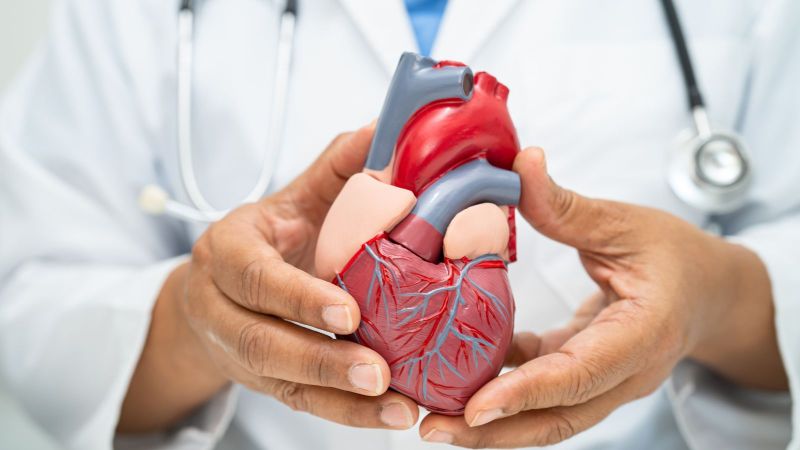Researchers at the University of Toronto believe they have found the reason that we cannot remember the first few years of childhood, Brains of babies have an increased rate of new cell creation which may cause this "infantile amnesia". The study found that new cells may push out existing memory circuits in rodents.
http://www.independent.co.uk/news/science/why-you-dont-remember-being-a-baby-study-examines-infantile-amnesia-9581441.html
Running helped mice to recover from amblyopia, a type of blindness caused by sensory deprivation early in life. The research was prompted by a 2010 study showing that running more than doubled the response of a mouse’s visual cortex neurons to visual stimulation. Scientists from the University of California, San Francisco induced amblyopia in young mice by suturing one eye shut for several months during a crucial developmental period. The study showed that mice shown a ‘noisy’ visual image while running recovered more function in the visual cortex than those given either one or the other, or those with neither.
http://www.nature.com/news/running-cures-blind-mice-1.15476
Genetically modified cells capable of neutralising deadly nerve agents could be used to protect soldiers on the battle field, according to research using mice. Human red blood cells, genetically modified to produce protein antidotes and other antibody-based medicines, were transfused into the mice and remained circulating in the bloodstream for up to four months. The research, funded by the US Defence Research Projects Agency, is aimed at developing future treatments of vaccines against biological weapons.
http://www.independent.co.uk/news/science/future-soldiers-could-be-protected-against-germ-warfare-by-genetically-modified-blood-cells-9574123.html
The loss of limbal stem cells in the eye, from disease or injury, is one of the leading causes of blindness. The limbal stem cells are responsible for maintaining and regenerating corneal tissue. Researchers in the US took stem cells from deceased human donors and used them to grow fully functional human corneas in mice.
http://news.harvard.edu/gazette/story/2014/07/new-way-to-regrow-human-corneas/
Supercooling organs can increase the length of time that they remain viable for donation, according to research using rat livers. The livers were chilled, while nutrients and oxygen were pumped through their blood vessels. This technique increased the ‘shelf life’ of the livers from a matter of hours to 3 days, and researchers are now working to determine whether the method can be scaled up from a 10g rat liver to a 1.5kg human liver.
http://www.bbc.co.uk/news/health-28061265
Genes from a hibernating frog could hold the key for safe human space travel. The ability of the burrowing frog Cyclorana alboguttata to maintain muscle mass while dormant during hibernation could help astronauts overcome the problems of muscle deterioration during long trips in zero gravity. Scientsts are looking to study the signalling pathways that control ‘survivin’, the gene that prevent muscle loss, with a view to identifying potential candidates for studying mammalian muscle deterioration.
http://www.independent.co.uk/news/science/scientists-say-burrowing-frogs-genes-could-help-humanity-voyage-into-space-9576104.html
Last edited: 10 March 2022 19:38




